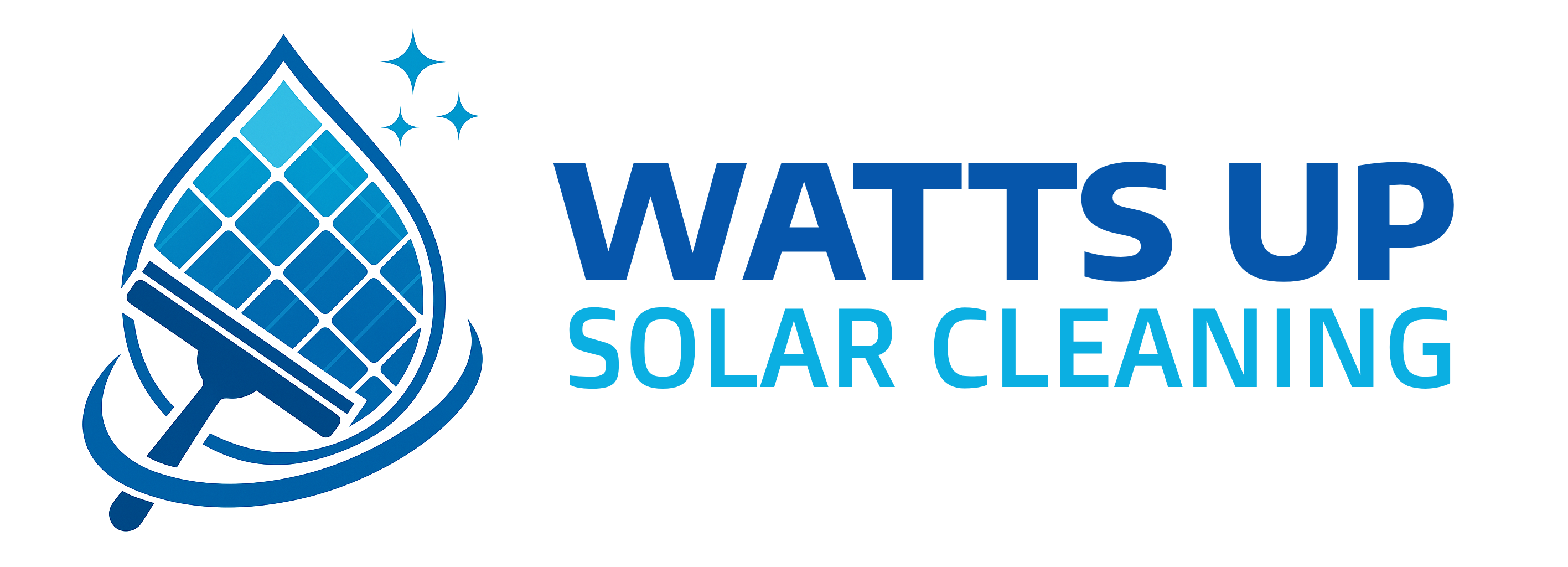One of the most common questions we receive from solar system owners is: "How often should I clean my solar panels?" It's a great question, and the answer isn't one-size-fits-all. The optimal cleaning frequency depends on several factors specific to your location, environment, and system.
In this guide, we'll help you determine the ideal cleaning schedule for your solar panels to maximize energy production, maintain warranty compliance, and extend the life of your investment.
The General Rule of Thumb
For most residential solar systems in Sydney, we recommend professional cleaning 2-4 times per year. However, this baseline recommendation should be adjusted based on your specific circumstances.
Quick Reference Guide
| Location/Condition | Recommended Cleaning Frequency |
|---|---|
| Standard suburban area | 2-3 times per year |
| Coastal areas (within 5km of ocean) | 3-4 times per year |
| Near trees or high pollen areas | 3-4 times per year |
| Industrial areas or high traffic roads | 4 times per year |
| Rural areas with minimal pollution | 2 times per year |
| Areas with frequent dust storms | After each major event + regular schedule |
Location Factors That Affect Cleaning Frequency
Coastal Proximity
If you live within 5km of the ocean, salt spray is a significant concern. Salt creates a film on your panels that's difficult to see but significantly reduces efficiency. The closer you are to the coast, the more frequently you'll need cleaning—typically every 3 months for beachfront properties.
Urban/Industrial Areas
Homes near industrial zones, major highways, or in urban centers with high pollution levels accumulate a layer of particulate matter and grime more quickly. If you're in these areas, quarterly cleaning (4 times per year) is often necessary to maintain optimal performance.
Tree Coverage
Properties with overhanging trees or surrounded by vegetation face challenges from falling leaves, sap, pollen, and increased bird activity. These conditions typically require cleaning every 3-4 months, with additional attention during autumn leaf fall and spring pollen seasons.
Rural/Open Areas
Rural properties with minimal nearby pollution sources may require less frequent cleaning—often just twice yearly. However, agricultural areas can experience dust from plowing and harvesting, which might necessitate additional cleanings during these seasons.
System-Specific Considerations
Beyond location, your specific solar system has characteristics that affect optimal cleaning frequency:
- Panel Tilt: Flatter panels (less than 10° tilt) don't self-clean with rain as effectively and typically need more frequent cleaning than steeply tilted panels.
- System Age: Newer panels with advanced anti-soiling coatings may stay cleaner longer than older models.
- Panel Type: Some panel technologies (like thin-film) are more sensitive to soiling than others.
- System Size: Larger systems with more panels may justify more frequent cleaning as the potential energy gains are greater.
Warranty Considerations
Many solar panel manufacturers specify minimum cleaning requirements in their warranty terms. Check your warranty documentation—some require cleaning at least twice yearly to maintain coverage. Professional cleaning with documentation helps ensure warranty compliance.
Seasonal Cleaning Strategy
For many Sydney homeowners, a seasonal approach works well:
Early Spring (September)
Remove winter grime and prepare for peak solar production season. Addresses buildup from winter storms and pollution.
Early Summer (December)
Clean off spring pollen and ensure maximum efficiency during the highest production months with longest daylight hours.
Autumn (March)
Remove summer dust and prepare for autumn. Particularly important if you have deciduous trees nearby.
Mid-Winter (June)
Optional for most areas but recommended for coastal or high-pollution zones to maintain efficiency during lower production months.
Signs Your Panels Need Cleaning
Beyond a regular schedule, watch for these indicators that your panels need immediate cleaning:
- Visible dirt, dust, or bird droppings when viewing panels from the ground
- Unexplained drop in energy production (check your monitoring system)
- After extended periods without rain
- Following nearby construction, road works, or dust storms
- After heavy bird activity on or near your roof
- Following bushfire season when ash may have settled on panels
The Value of Professional Cleaning
While some homeowners attempt DIY cleaning, professional service offers several advantages:
- Safety: Eliminates the risk of working at heights on potentially slippery surfaces
- Effectiveness: Specialized equipment and purified water systems remove all contaminants without leaving residue
- Warranty Protection: Professional documentation helps maintain manufacturer warranty compliance
- System Inspection: Technicians can identify potential issues beyond just dirt
- Performance Verification: Before and after measurements quantify the improvement
Maintenance Plans: The Hassle-Free Solution
At Watts Up Solar Cleaning, we offer customized maintenance plans that take the guesswork out of solar panel cleaning. Based on your specific location, system characteristics, and environmental factors, we'll recommend an optimal cleaning schedule and handle all the details.
Our maintenance plans include:
- Scheduled cleanings at the optimal frequency for your system
- Priority booking during peak seasons
- Discounted rates compared to one-off cleanings
- Detailed documentation for warranty purposes
- Regular performance reports tracking efficiency improvements
- Flexibility to add additional cleanings after extreme weather events
Conclusion: Finding Your Optimal Schedule
The right cleaning frequency balances cost with performance benefits. For most Sydney homeowners, 2-4 professional cleanings per year provides the best return on investment, with specific timing based on your local conditions.
Remember that regular cleaning isn't just about immediate energy production—it's about protecting your long-term investment, maintaining warranty coverage, and ensuring your system reaches its full 25-30 year potential lifespan.
Ready for a customized cleaning schedule?
Contact us today for a free assessment of your solar system and location. We'll recommend the optimal cleaning frequency for your specific situation and provide a no-obligation quote.
Get a Free Quote
